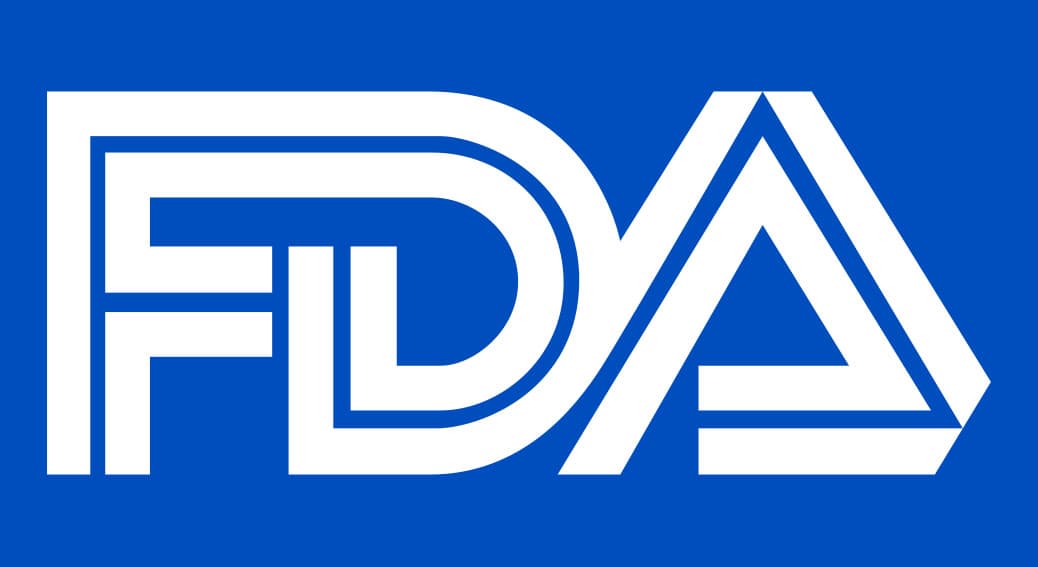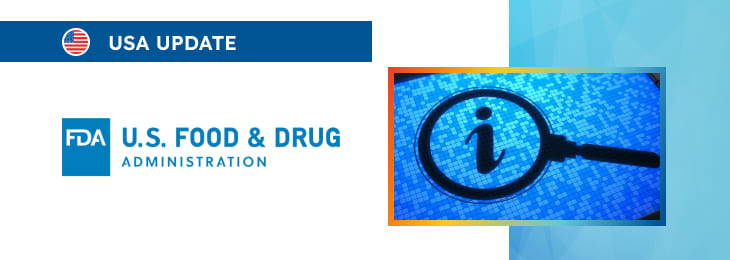The new article further describes in detail the scope of matters covered by the guidance, as well as the relevant legal background.

Table of content
The Food and Drug Administration (FDA or the Agency), the US regulating authority in the sphere of healthcare products, had published a guidance document dedicated to addressing misinformation about medical devices and prescription drugs allowed to be marketed and used in the country. Structured as a questions-and-answers document, the guidance highlights the key points related to the applicable regulatory requirements and also provides additional clarifications and recommendations to be taken into consideration by medical device manufacturers and other parties involved in order to ensure compliance.
At the same time, provisions of the guidance are non-binding in their legal nature, nor are they intended to introduce new rules or impose new obligations. Moreover, the authority explicitly states that an alternative approach could be applied, provided such an approach is in line with the existing legal framework and has been agreed with the authority in advance.
Terms and Definitions
The present guidance document defines key terms related to the regulation and communication of medical products, focusing on how misinformation can impact these areas. Understanding these terms is crucial for firms and individuals involved in addressing misinformation about medical products.
In particular, misinformation refers to false, inaccurate, or misleading representations of fact about a firm’s approved or cleared medical product. This includes representations about both approved and unapproved uses of the product, as well as details about its instructions, attributes, scientific information, and any omissions of material facts.
- Approved or Unapproved Uses: Misinformation can involve claims about how a product should be used, either within its approved uses or suggesting unapproved uses. The guidance clarifies that addressing such misinformation does not alone imply evidence of a new intended use, as long as it adheres to the recommendations.
- Instructions and Attributes: Misinformation may also relate to incorrect directions or attributes of a product, such as where it is manufactured or its components, potentially misleading users about the product’s legitimacy or origin.
- Scientific Information: Claims about a product’s risk, effectiveness, or mechanism of action that are false or misleading fall under misinformation, as do representations that omit critical information that could influence decisions about the product’s use.
The term “firms” refers to entities legally responsible for the labeling of approved or cleared medical products. This includes applicants, sponsors, manufacturers, packers, distributors, and anyone communicating on behalf of these entities.
These firms have a duty to ensure that information about their products is accurate and compliant with the relevant FDA guidelines. A “medical product” encompasses medical devices for human use, prescription human drugs, and prescription animal drugs.
This broad definition covers products that must meet certain FDA standards before being marketed, including those that are biological products. An “approved/cleared medical product” is one that the FDA has permitted to enter interstate commerce, having satisfied premarket requirements through processes such as premarket approval (PMA), premarket notification (510(k)), De Novo classification, or Humanitarian Device Exemption (HDE) pathways.
This includes devices exempt from premarket notification that still meet necessary FDA standards. “FDA-required labeling” refers to the approved labeling reviewed during the premarket process, including directions and other critical information necessary for safe and effective product use.
This labeling is crucial for informing users about the proper and approved use of medical products. Approved Use stands for a use that is legally included in the FDA-required labeling of an approved or cleared medical product.
To the contrary, Unapproved Use is a use not lawfully included in the FDA-required labeling, which firms must avoid promoting unless specifically allowed by FDA regulations. “Internet-based” refers to any information available online, including social media, podcasts, email lists, group messaging, and forums.
These platforms can rapidly disseminate misinformation, making it essential for firms to monitor and address false claims effectively. “Setting” describes where the content appears, such as websites, applications, or other internet-based media.
Understanding the context of where misinformation is spread can help in developing strategies to address it. An “independent third party” is an entity not acting on behalf of a firm when communicating about its medical products.
These parties may spread misinformation unintentionally or deliberately, necessitating vigilant responses from firms.

Regulatory Background
According to the guidance, misinformation about medical products is a longstanding public health concern. The FDA has actively worked to combat this issue, especially as the internet has become a primary source of health information for both consumers and healthcare professionals.
In the 1980s, during the AIDS crisis, misinformation about the disease’s causes and treatments was widespread. The FDA intervened against fraudulent cures that falsely claimed to prevent or treat HIV/AIDS, highlighting the agency’s role in protecting public health from misleading information.
Today, individuals increasingly seek to play an active role in their healthcare decisions, often turning to the Internet for information. While the Internet offers valuable resources, it also hosts a plethora of misinformation that can mislead consumers and healthcare providers.
The rapid spread of false information on social media and other platforms poses significant risks, requiring proactive efforts to ensure that reliable, science-based information is available.
The FDA continues to engage in multiple efforts to address misinformation, including:
- Social Media Presence: Expanding its presence on social media to communicate accurate information about FDA-regulated products and public health issues.
- Educational Campaigns: Launching campaigns to inform the public about the risks and benefits of medical products and the FDA’s regulatory role.
- Rumor Control: In August 2022, the FDA introduced the Rumor Control web page, which focuses on debunking misinformation related to public health priorities.
- Toolkits and Resources: Providing toolkits and educational materials to empower stakeholders to combat misinformation with factual data.
- Webinars and Alerts: Creating and sharing educational content, such as webinars and email alerts, to keep the public informed about medical product safety.
In addition to the FDA initiatives outlined hereabove, the present guidance encourages other interested parties to contribute to spreading truthful, accurate, and scientifically sound information. By working together, regulatory bodies, firms, and the public can more effectively combat misinformation and promote informed decision-making.
Conclusion
In summary, the present guidance issued by the FDA provides the definitions of the key terms and concepts used in the context of misinformation related to medical devices and other healthcare products. The document also pays attention to the efforts the authority makes to address the risks associated with sharing false or misleading information regarding healthcare products allowed for marketing and use in the country, their safety, and effectiveness. The authority also additionally emphasizes the importance of efficient collaboration between all the parties involved in operations with healthcare products.
How Can RegDesk Help?
RegDesk is an AI-powered Regulatory Information Management System that provides medical device companies with regulatory intelligence for over 120 markets worldwide. It can help you prepare and publish global applications, manage standards, run change assessments, and obtain real-time alerts on regulatory changes through a centralized platform. Global expansion has never been this simple.

